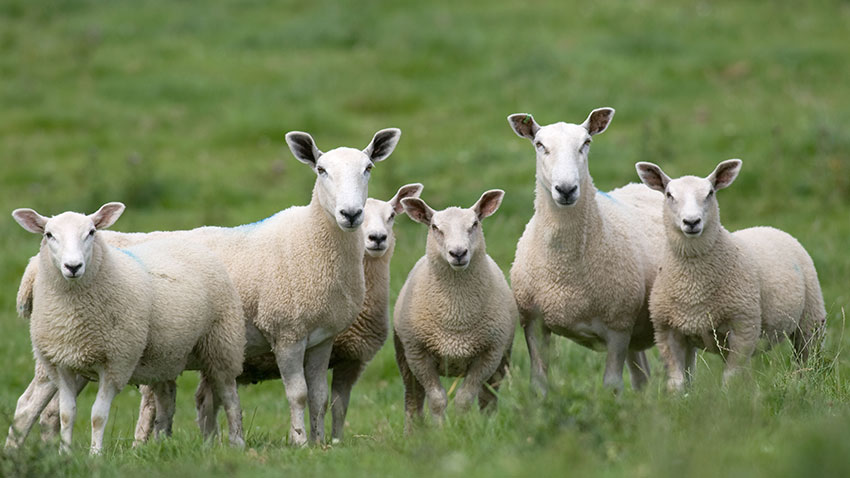Message of sustainability at centre of Love Lamb Week
 © Tim Scrivener
© Tim Scrivener Sustainability is at the centre of this year’s Love Lamb Week, which celebrates and promotes the work of sheep farmers across the country.
The initiative is now in its sixth year and has support from the National Sheep Association (NSA) as well as the meat levy boards from England, Wales, Scotland and Northern Ireland.
The campaign runs from 1-7 September and will encourage people to try new recipes at home, as well as emphasise the sustainable and low-intensity ways in which lamb is produced in the UK.
See also: Direct sales from the farmgate help #FeedTheNation
NSA chief executive Phil Stocker said it was a “great opportunity to show the value of sustainable meat production”.
Figures for the 12-week period covering May, June and early July showed that consumer spending on lamb in Britain was £139.6m, up 19.2% on the same period last year.
The data also showed a substantial increase in families either coming back to lamb or purchasing lamb for the first time.
Will Jackson, AHDB’s strategy director for beef and lamb, said: “Given the difficult year so far, Love Lamb Week comes on the back of a buoyant time for the sector with increased sales in-store.
“Sheep have a really unique role in being able to live in our most extreme landscapes and converting grass into delicious and versatile meat.
“Not only that, they aid biodiversity and maintain our most beloved landscapes. Without them our countryside would be a very different place.”
‘Family affair’
The Farmers’ Union of Wales (FUW) stressed the importance of protecting the country’s family sheep farms with foreign trade negotiations ongoing and Brexit looming.
FUW president Glyn Roberts said: “Our Welsh lamb is a family affair from start to finish.
“From the Welsh family farms who produce it, to our consumers who enjoy coming together round the table to eat.
“But we must protect our family farms if we want to continue enjoying this wonderful, sustainable, nutritious food.
“Our farmers do so much more than just produce sustainable, quality food for us – they take care of our environment, create value in the rural economy, keep our heritage and culture alive and so much more.”
